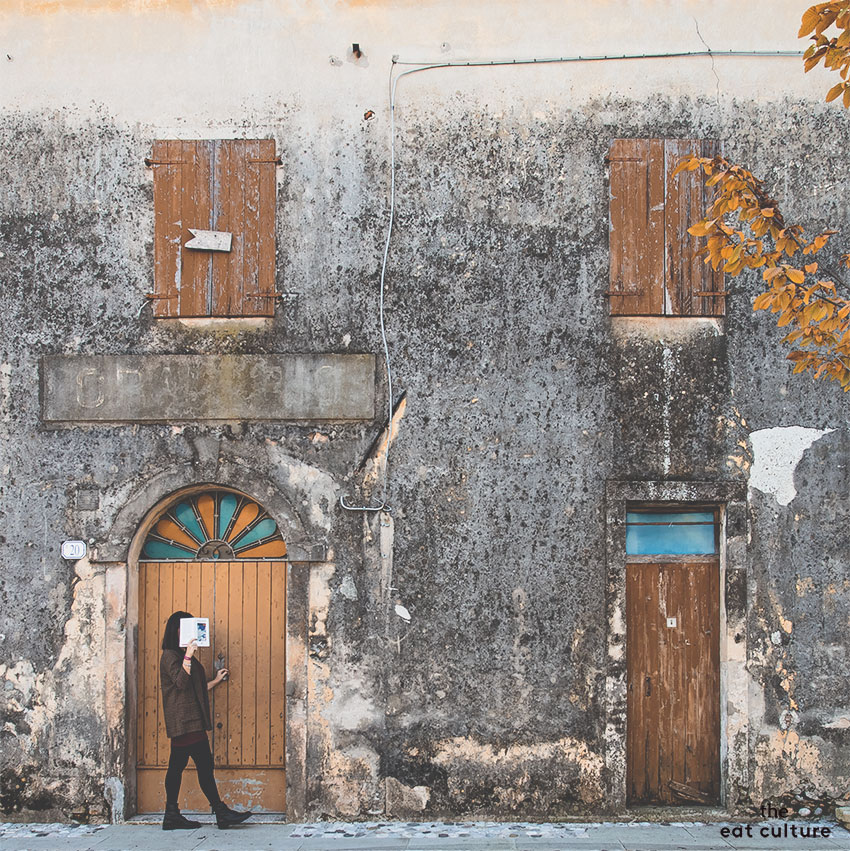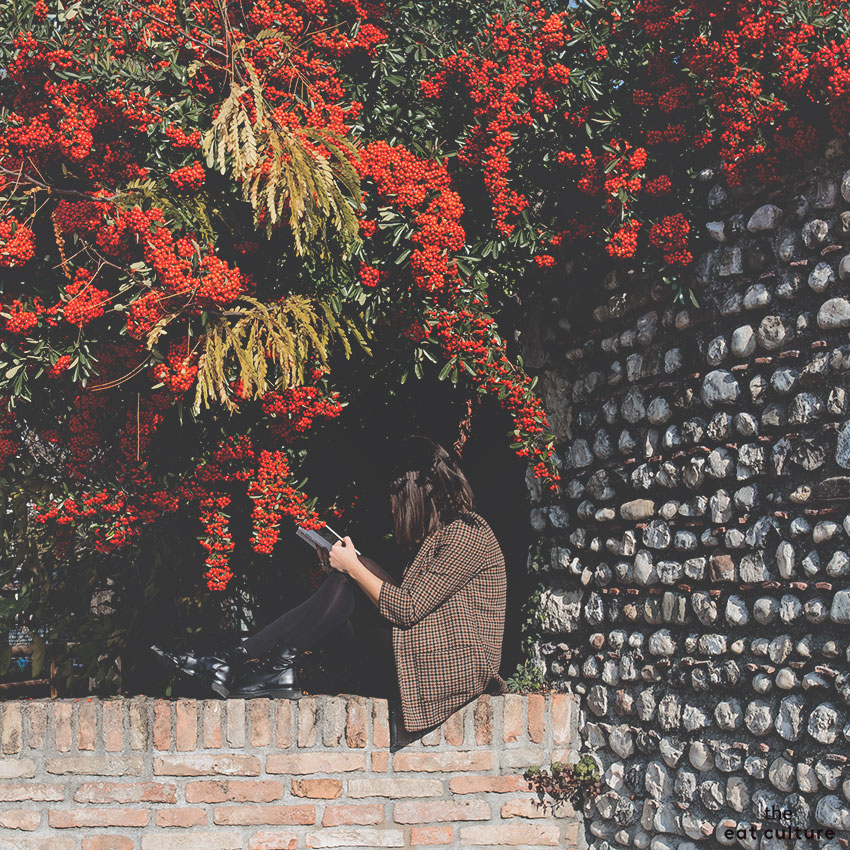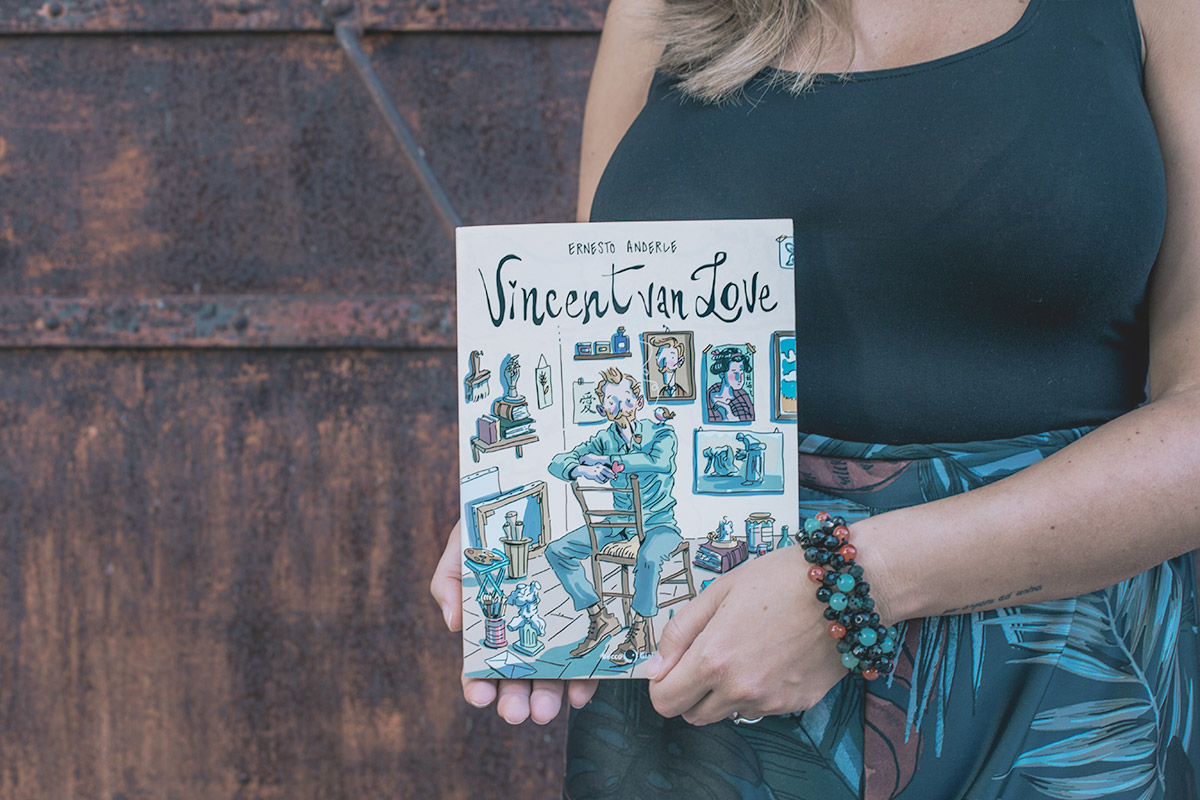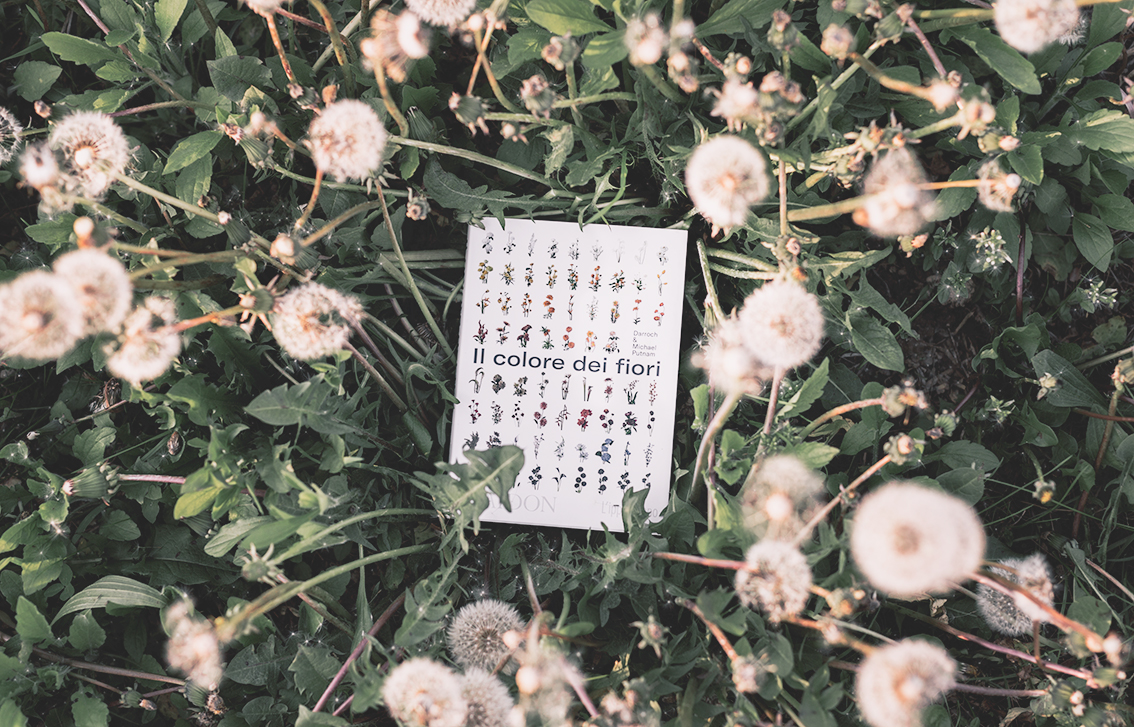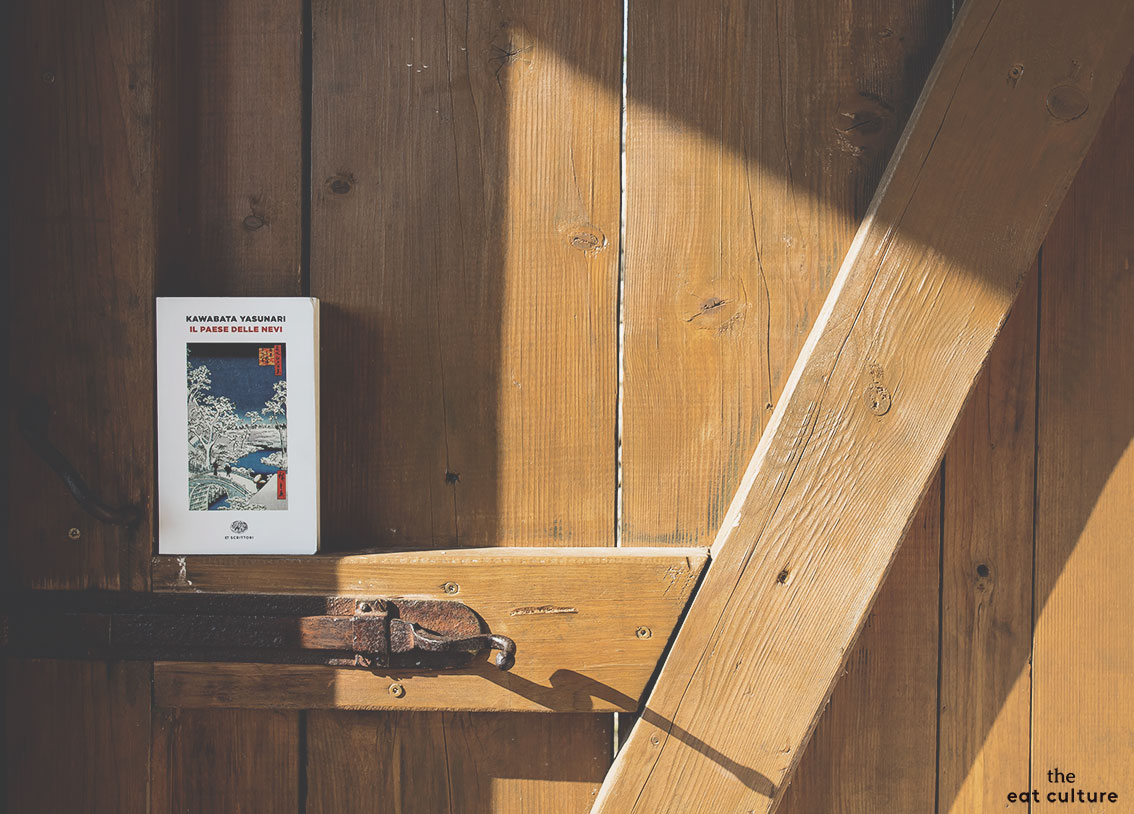
Culture. Eat it
13 November 2017
Reading Snow Country you come to tiptoe in Japanese literature.
It is a silent country where everything goes slow; it is almost odorless, covered with snow, but dominated by dazzling colors.
In front of a white wall, shaded by the cornice, a girl in “mountain trousers” and orange flannel kimono, visibly new, bounced off a rubber ball. In that scenery, for Shimamura, it was all autumn.
Winter, Spring, Summer, Autumn and Winter again. In Yuzawa – The Snow Country – time flows and the gaze changes due to the changing of the landscape.
Here you will meet Shimamura, a rich and elegant esthetician, and Komako, a young geisha, at a spa resort in the mountains of Japan where every year many men go to spend a few days off to rest.
Shimamura, who lived a lifetime of leisure, had a tendency, or so he seemed, to lose his honesty with himself and often he went alone to the mountains to try to recover a little.
That of The Snow Country is the microcosm of the Nobel Prize winner Kawabata Yasunari, in which love seems impossible, at times ephemeral.
Kawabata’s world resembles that of Japanese engraving art: detailed, delicate, populated by human figures dotted with hands subtle and graceful as those of Hiroshige’s engraving on the cover: Drum Bridge and Yuhi Hill at Meguro.
In this no-relationship Shimamura appears cold and controlled in his emotion. In contrast, Komako seems to abandon herself to emotions, sometimes appearing overwhelmed.
Is this about affection, love, desire?
The contours of their relationship are blurred, as wrapped in snow white. Red are kimonos, autumn maples and khaki, red are Komako’s cheeks heated by alcohol and love.
Because Komako is not unimpressive, she transgresses this tendency to detachment and falls in love. Shimamura notices it but he does not understand the reason why of such a great risk for a young woman who might see her geisha profession compromised.
Are people delicate, right? – Komako said that morning. – Reduced in mud, it is said, skull, bones and everything. A bear may fall from the highest rock and not hurt at all.
If the man had a rough and hairy skin like the bear, then his life would be different, Shimamura thought. It was through a thin, smooth skin that man loved. Watching the mountains in the evening light Shimamura felt a burning, painful desire for human skin.
In Japanese literature there is always something that escapes the sense and the rationality.
Reading Snow Country you might feel disoriented but if, for a moment, you miss the forced search for a plot you would notice that Shimamura’s wish for Komako never turns out.
What the author offers us are fleeting moments, which cannot be grasped. They seem to be made for vanish, like a scent.
Reading time
a snow night
Ph. Sara Cartelli
© The Eat Culture
Author
Bio:
She is an art historian, optimistic and empathic by nature. She imagines a world where sow kindness enjoying the little things. She's in love with stories since she was a child, for the Eat Culture she eats books and arts. Per aspera ad astra says the only tattoo on her skin. It reminds her that the road that leads to her dreams is not always easy but that she never gives up.


